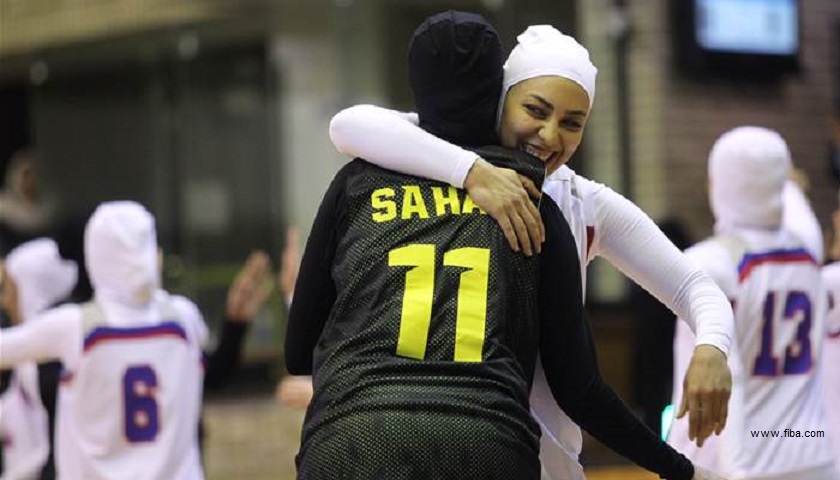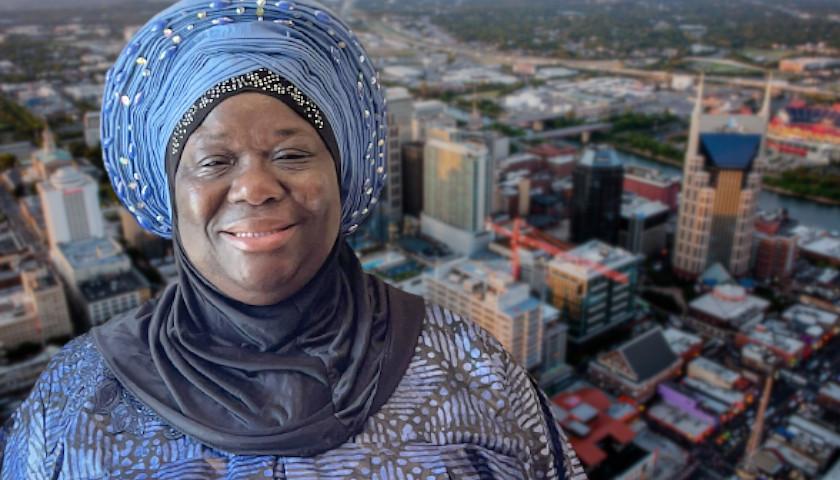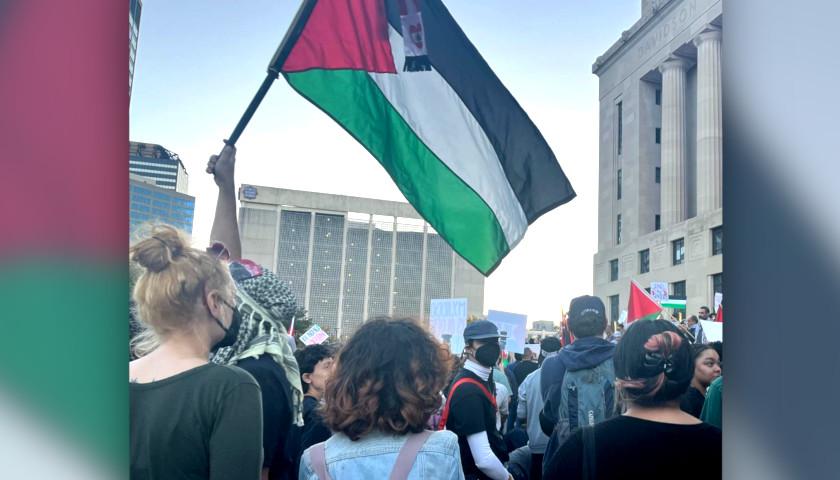The American Muslim Advisory Council is cheering a change made by the International Basketball Federation last week that will allow female players to wear hijabs during games.
A Tennessee group based in Nashville, the AMAC praised the change in a Facebook post.
Allure magazine is also enthusiastic about the change, writing in a story last week, “The world of basketball just got a little more inclusive. The International Basketball Federation, FIBA, has just made it so that players can finally rock their hijabs without risking being excluded from participating in games.”
FIBA began considering a change after Qatar’s women’s basketball team decided not to participate in the 2014 Asian Games because players were not allowed to wear hijabs.
Governing members of FIBA “praised a historical moment that occurred in Iran on April 13, when a FIBA test game featuring women wearing hijabs marked the first time men witnessed a women’s sporting event in person,” according to a FIBA press release.
The new rule, which goes into effect in October, says that headwear must be black or white or have the same dominant color as the uniform and must be the same for all players on the team. It also can’t cover the face nor have elements that would pose a danger to the player or others nearby. The previous ban, imposed 20 years ago, was related to safety concerns. The new rule will also allow male players to wear turbans and yarmulkes.
Over the past several years, other sports organizations have lifted similar bans on religious headwear, primarily because of pressure from Muslim groups.
“This decision follows a growing trend of sports organizations and brands committing to cater to athletes who wear hijabs,” reads the story in Allure. “In March, Nike announced they would be releasing its new Pro Hijab, which is created to keep athletes cool and covered. At the 2016 Olympics, fencer Ibtihaj Muhammad became the first American to compete in a hijab during the games. At the 2012 Olympics, the rules for beach volleyball uniforms changed, allowing athletes to wear long sleeves and bodysuits, instead of being forced to wear bikinis or a one piece swimsuit.”
The Allure article continues, “Of course, there is still much more work to be done, but it looks like the tide is finally turning as the sports world slowly becomes more accommodating to people with different cultural values.”
However, some say that unbridled enthusiasm for Islamic coverings in the name of diversity minimizes the challenges faced by Muslim girls and women who don’t want to wear them but are pressured to do so at the risk of being shunned or suffering serious bodily harm or even death. In some Muslim-dominant countries, Muslim females have had acid thrown in their faces if they are not covered. The Western world has seen a growing number of violent incidents as a result of Muslim immigration.
Those incidents include the 2007 killing of a 16-year-old girl in Canada who objected to wearing traditional clothing. Her father and brother were sentenced for her murder. In 2015, a 14-year-old girl in Missouri was dragged out of her high school by her hair and slapped by a male relative because she was not wearing a hijab.
Meanwhile, many Muslim organizations in the U.S focus primarily on drawing attention to prejudice against Muslims, in some cases creating stories that turn out to be false.
On its website, Tennessee’s AMAC says it is committed to fighting “anti-Muslim hate.” The AMAC is championed by Nashville Mayor Megan Barry, who spoke at a luncheon the group held on Saturday.





